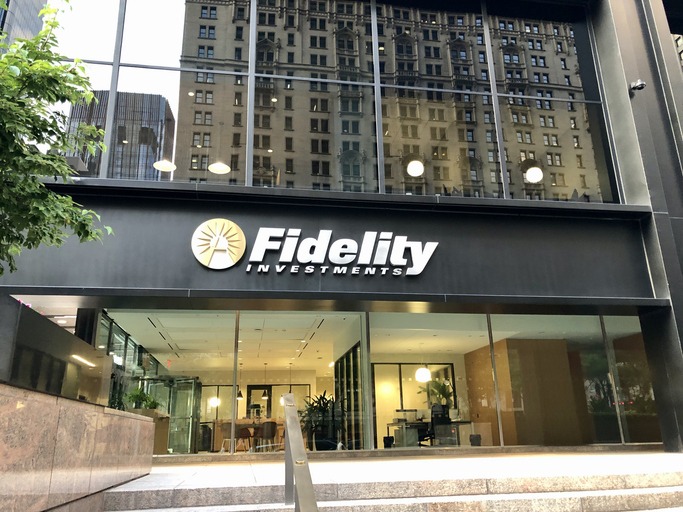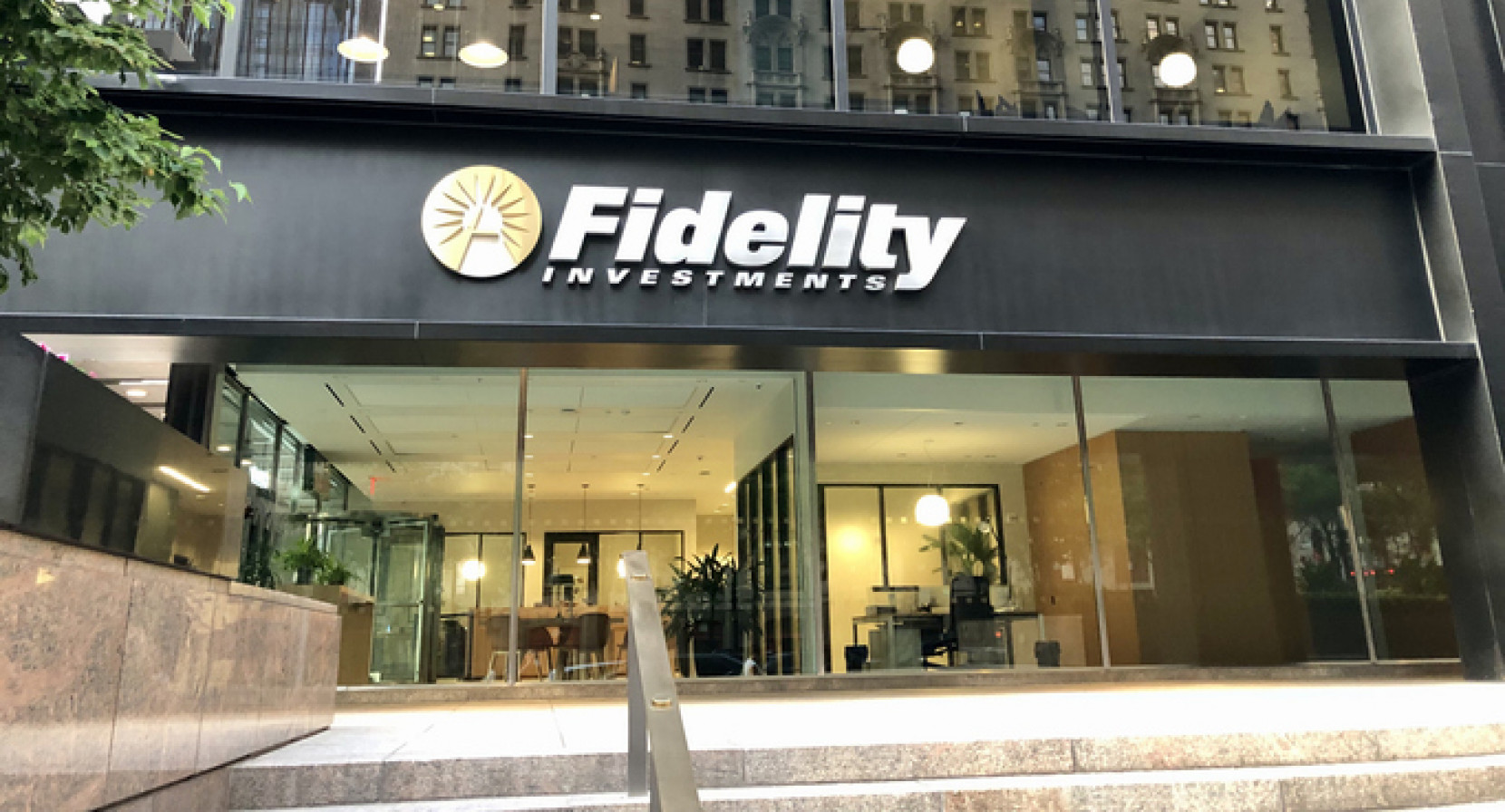Fidelity Investments is getting an earful about its stern new policy that could significantly increase the cost of investing in exchange-traded funds. Here are excerpts from recent news accounts.
"Fidelity Investments' plan to add fees to its exchange-traded funds platform...has sparked concerns...that the added costs will spread across the industry." (ETF.com)
"The proposed increase in the cost of trading some ETFs runs against a long-term trend in which trading and investment costs have dropped sharply." (Financial Times)
"The financial services industry is outraged." (WealthManagement.com)
And this from fund manager and podcast host Meb Faber, reacting to a Bloomberg report:
The choice by @Fidelity to start charging retail clients $100 commissions may be one of the slimiest things I've seen in a long time.
— Meb Faber (@MebFaber) April 8, 2024
Makes @RobinhoodApp look good in comparison.
🤮🤮🤮 https://t.co/UqY0fRBvFE
'Squeezing smaller providers'
The UK-based Financial Times offers a summary (soft paywall) of what's happening.
Fidelity plans to start charging investors $100 per trade to invest in exchange-traded funds whose sponsors have not agreed to make "support payments" to the firm.
The proposed increase...could ultimately stifle the development of new ETFs while squeezing smaller providers and their investors.
Fidelity is understood to be asking ETF sponsors to pay 15 per cent of total fund revenue to avoid the $100 charges, said multiple people with knowledge of the support payment agreements.
Fidelity declined to comment on the size of the support payments.
Fidelity's latest Brokerage Commission and Fee Schedule (PDF) includes new language about the support payments and the "service fee" that may be charged to some ETF investors.

From Fidelity.com
Fidelity says it will enforce the new policy as of June 3.
'New territory'
According to news reports, most ETF firms have already agreed to Fidelity's "support payments" arrangement. However, Fidelity has notified several smaller ETF providers: Pay up, or anyone buying your ETF via Fidelity will be hit with a substantial fee.
The on-notice ETF firms are Adaptive, AXS Investments, Cambiar Investments, Day Hagan, Rayliant Global, Regents Park, Running Oak, Simplify Asset Management, and Sterling Capital.
Rayliant founder Jason Hsu described Fidelity's new policy as an "existential" threat because most ETF investors wouldn't invest in a fund that carries a $100 service fee. "If no one buys your ETF, you just die," he told MarketWatch.
Although brokerage firms have long charged fund companies a fee for access to "shelf space" on broker platforms, "this move by Fidelity is seen as new territory," according to ETF.com, "because it is less about paying for shelf space than it is paying to prevent investors from having to pay a $100 commission to buy an ETF."
Here's more background (paywall) from the London-based site CityWire.
Requiring asset managers to pay a share of fund revenue in order to be placed on a platform is neither new nor exclusive to Fidelity. These types of revenue-sharing programs are historically common at large wirehouses and broker-dealers, albeit typically for mutual funds....
While revenue-sharing arrangements between funds and platforms have a long history, they have not been as prevalent in the ETF space.
Prior to 2019, an investor seeking to buy an ETF had to pay a commission. But that changed when Schwab and Fidelity, became "no-commission" platforms for ETFs. This forced almost all other competitors to follow suit and helped funnel further flows into ETFs.
But, as ETFs take increasing market share from mutual funds, this means fewer dollars going to the platform, hence moves like Fidelity's to ask for a share or revenue or implement $100 fees.
'Once the gate is open...'
The Fidelity fee policy could have a wide-ranging effect by driving up the overall cost of ETF investing, according to Todd Rosenbluth of the data firm VettiFi.
He told CityWire, "I would expect that we will see ETF fees of new products not be as aggressively low" as they have been in recent years. "There is now going to be an additional cost that would presumably fall under the expense ratio."
Further, if Fidelity's new "pay us or we'll add a surcharge" approach is successful, other brokers will likely follow suit. That's the view of Jay Coulter, head of consulting firm Resilant Advisor.
"Once the gate is open," he told ETF.com, "the other platforms are going to recognize the opportunity that's there to start adding these fees."
SMI's take
Having been involved in the inner workings of the mutual fund world for over 30 years, SMI has a pretty simple point of view on this. Fidelity is trying to apply their mutual fund playbook to ETFs. With a relative stranglehold on the fund investment universe (along with Schwab, who will almost doubtless follow suit if Fidelity is successful in adding these fees), it has been impossible for mutual fund shops to succeed in recent decades without paying the gatekeepers (Fidelity/Schwab) a significant cut of their revenues.
In the tradition of businesses since the beginning of time, mutual funds have largely passed these higher costs on to customers through higher expenses. These conversations are happening right now among ETF managers and shops — "we were going to charge X%, now we're going to have to make that 15% higher."
As Meb Faber pointed out in a separate tweet last week, the galling thing is that neither the ETF providers nor the end customers are getting any additional benefit from these higher fees. Fidelity is just charging them because they can. The ETFs can't lose access to Fidelity's platform (or expect their customers to pay $100 trading fees), and both the ETF companies and Fidelity know it.
We have no way of knowing if the various criticisms Fidelity is receiving over this new ETF fee might move the needle. Fidelity was reportedly booed at the ETF awards last week, which was surely embarrassing. But unless they get a sense that customers will revolt over this, our guess is they'll ram it through. The ETF providers have little option. They have to pay or see their access to customers throttled.
If you're a Fidelity customer, this would be an appropriate issue to voice your extreme displeasure over. If Fidelity is deluged with phone calls and emails from disgruntled customers, perhaps they'll back off. That may be wishful thinking on our part, but it's difficult to imagine anything else would change this course.








